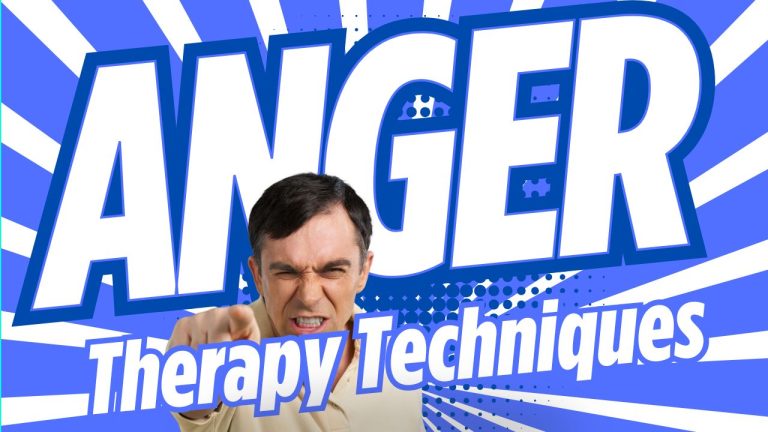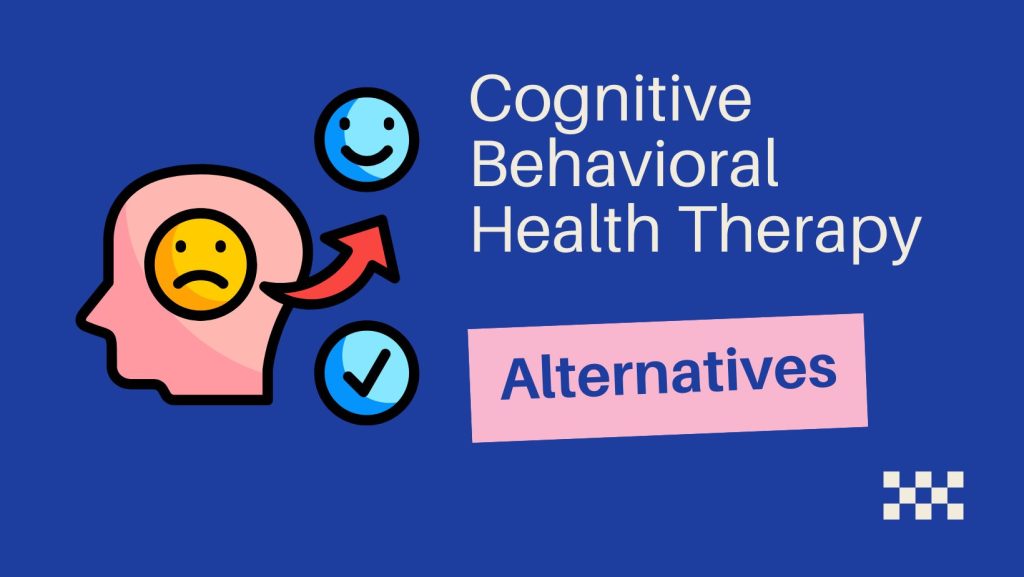

Cognitive Behavioral Therapy (CBT) has long been one of the most recommended approaches for managing anxiety, depression, and emotional distress. But for many people, it isn’t the right fit. Some find it too structured or clinical. Others can’t afford regular sessions, don’t have access to a therapist, or simply want a more human connection.
If you’ve been searching for cognitive behavioral therapy alternatives, you’re not alone. There are supportive, effective options that can help you process emotions, gain clarity, and heal — without the traditional therapy framework.

CBT focuses on changing thoughts to change behavior — but not everyone responds to that cognitive structure. Some people crave empathy over analysis, or conversation over correction.
Here’s why people seek alternatives to CBT therapy:
They want to feel heard, not evaluated.
They need emotional support between therapy sessions or while on waitlists.
They prefer natural conversation instead of clinical exercises.
They face barriers like cost, scheduling, or anxiety about formal therapy.
Someone Listens bridges this gap — offering a safe space for real talk, human empathy, and emotional release.

Writing your emotions out can help you process them — just as CBT uses worksheets, journaling allows you to analyze your thoughts without pressure.
Try setting aside 10 minutes a day to write freely about your emotions.
Reflective writing through emotional journaling gives you the opportunity to log everything you’re feeling that day, in weeks prior, or in that exact moment. This can be a useful tool to return to and log progress after a certain period of time, providing the emotional confidence you need to continue your journey. Emotional journaling is one of the most powerful ways to keep a visual log of your progress.
For those who find CBT too mental or analytical, mindfulness brings you back to your body and the present moment.
Breathing, meditation, or mindful walking can help reduce racing thoughts — a natural complement or alternative to traditional CBT. Practicing yoga, controlled breathing, and other tools are excellent alternatives to CBT, helping you stay grounded in the moment and help eliminate the negatives thoughts that come with conditions like depression, anxiety, and other mental health challenges.

Many people benefit more from conversation than cognitive exercises. Online spaces like Someone Listens offer that — a chance to talk, vent, and feel understood.
Unlike therapy, this kind of support focuses on listening, not diagnosing. You’re free to express emotions, unload stress, and find human understanding.
💡 Someone Listens allows you to:
Talk anonymously.
Schedule affordable one-on-one calls.
Get support when you need it — no insurance, no waiting list.
Sometimes you don't need treatment...you just need to be heard.
Brandon Crawford Tweet
Group settings, whether online or in person, help you see that you’re not alone in your struggles. These can be valuable alternatives to CBT therapy when you crave community over individual sessions.
You can join loneliness groups, emotional wellness circles, or venting communities that provide connection and validation. These groups not only build relationships that often last a lifetime, but provide you a resourse for holding yourself accountable during your journey. They build your support network, providing access to those who are going through the exact same struggles as you.

While CBT challenges your thoughts, self-compassion gently embraces them.
Learn to treat yourself as you would a friend — with patience, kindness, and understanding. This approach builds inner stability without rigid frameworks. It gives you the freedom to enjoy your hobbies, thoughts, friends, and family, without the intensive programming of a psychiatric program. Because most healing work comes from the inside first, self-compassion and empathy are both great ways to stabilize yourself mentally and spiritually.

If you’ve tried CBT and felt unseen, overwhelmed, or unmotivated — Someone Listens offers a human-centered alternative that focuses on understanding, not instruction.
We’re not therapists. We’re listeners — real people who care.
When you talk, we listen deeply, without analyzing or interrupting.
No stigma or diagnosis — just empathy.
Speak anonymously and privately.
Access support instantly — no waitlists or insurance barriers.
Feel heard in a safe, judgment-free space.
Start with a $5 introductory call and experience the relief of being truly understood.

Cognitive Behavioral Therapy can be powerful — but it’s not the only path to healing.
For those seeking CBT alternatives that prioritize emotion, conversation, and connection, Someone Listens offers a safe, accessible way to start healing from the inside out.
Because sometimes the best therapy is someone who listens
Brandon Crawford Tweet
